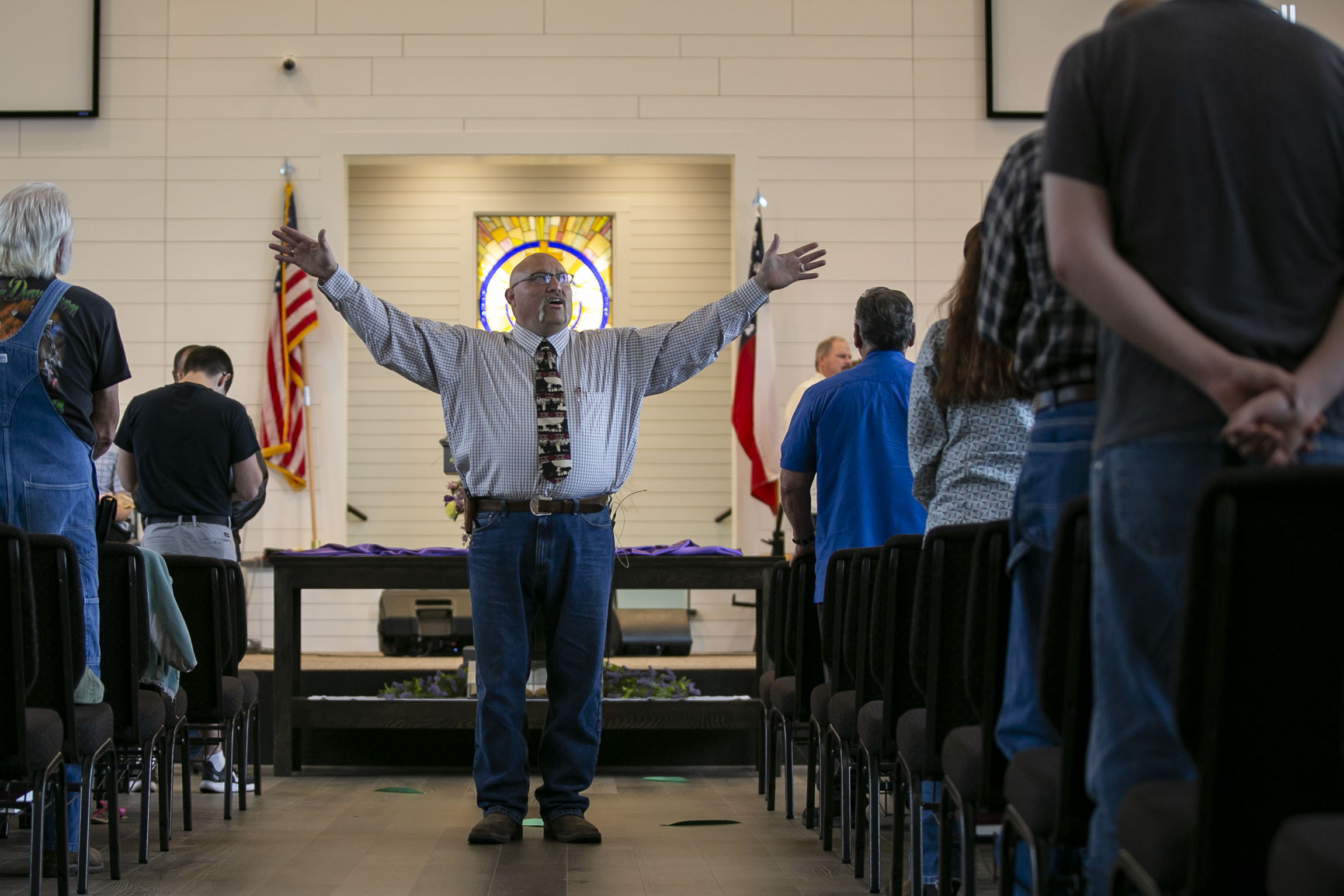Voters weigh new rights on food, worship and elderly visits

Pandemic policies were being put to the test Tuesday in several states where ballot measures sought to rebuke or affirm actions taken by officials trying to fight COVID-19.
The virus-related measures were among two dozen ballot proposals in six states that also include new constitutional rights for residents to grow their own food or enjoy clean air and water.
In Texas, one constitutional amendment would prohibit governments from limiting religious services. It’s a backlash to public health orders in some large cities and counties that restricted the number of people who could gather indoors at the onset of the pandemic.

Brooklyn Boro
View MoreNew York City’s most populous borough, Brooklyn, is home to nearly 2.6 million residents. If Brooklyn were an independent city it would be the fourth largest city in the United States. While Brooklyn has become the epitome of ‘cool and hip’ in recent years, for those that were born here, raised families here and improved communities over the years, Brooklyn has never been ‘uncool’.